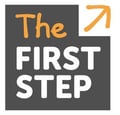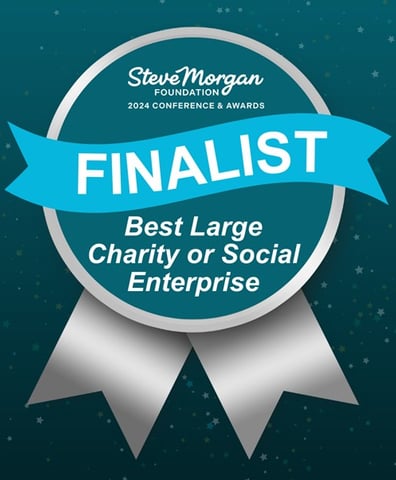About us
Who we are
Established in 1996, The First Step is Knowsley's only service providing support to thousands of local residents who are experiencing domestic abuse.
Our Vision
To convert Knowsley’s domestic violence and abuse challenges into real solutions, creating new ways of working to stop domestic violence and abuse.
Our Mission
To support those affected by abuse.
- Promoting self-determination and self-empowerment to all who access our services.
- Defending the human rights of victim/survivors experiencing domestic abuse.
- Delivering quality in all that we do to achieve the best within our resources, believing people have the right to expect high quality services.
- Achieving more by working in partnership with others by seeking to make alliances and exerting any influence we may hold accountable and responsibly, striving to remove barriers to participation, and challenging discriminatory, racist, and/or derogatory attitudes.
- Enabling all staff, volunteers, and trustees to attain personal and professional growth through opportunities to achieve full potential.
Our culture and values
Our Values
We at The First Step put survivors at the heart of everything we do, and our key values are:
- Non-judgemental
- We are accepting of all differences and choices.
- Empowerment
- We support survivors to make informed choices.
- Trust
- We build honest and open relationships in a safe space.
- High Quality Service
- We are always improving and embracing positive change.
- Integrity
- Doing the right thing.
- Respect
- Value others, Uplift hearts, kindness echos.
Equality, diversity and inclusion policy
The First Step believes in providing equity in its services, in treating people fairly, with respect and dignity and in valuing diversity both as a service provider and as an employer. The First Step will foster an environment that is characterised by dignity and respect, which is free from harassment, bullying and victimisation. The First Step is committed to eliminating all forms of discrimination in line with the 2010 Equality Act, which states that an individual cannot be discriminated against as a result of protected characteristics.






